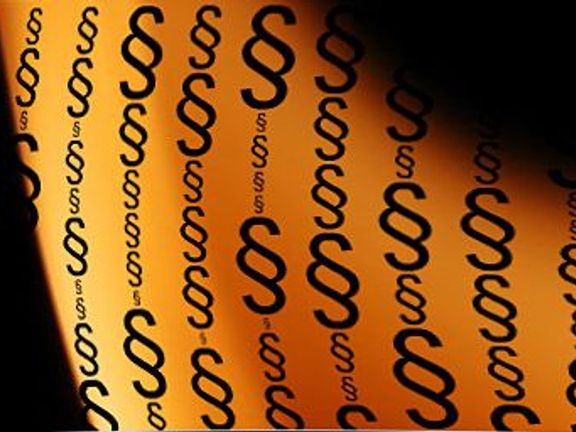
Brno - Even when his or her crime is statute-barred in the Czech Republic, a person being prosecuted in other EU member state has to be extradited to that country, providing the European warrant is issued.
This precedent was set by the case of a man wanted by Germany for organizing illegal people smuggling for profit. He is due to be deported to Germany.
He tried to avoid his extradition by appealing to the Czech Constitutional Court, arguing that his crime committed in 2005 was time-barred according to the Czech legal system, hence he could not be transferred to Germany.
Green light by Constitutional Court
Although the Regional Court in Brno refused to allow the extradition, the Supreme Court in Prague ruled otherwise. Nonetheless, it demanded the man be allowed to serve his sentence in the Czech Republic.
Its decision has now been approved by the Constitutional Court in Brno.
Jiří Mucha from the Senate of the Constitutional Court explained that if the crime is punishable at least by three years in prison by the legal system of the country that wants the offender to be extradited on the basis of the European warrant, it is irrelevant whether the crime is punishable by the Czech law at all.
United we stand... against crime
"When Czech courts don't need to determine whether a crime is punishable according to the Czech law, they aren't supposed to deal with the question of a time bar," explained the judges in their statement.
According to the constitutional judges, such a procedure creates a common space of freedom, security, and law. "The Czech Republic is helping the other EU member states to enforce their criminal law," informed the Court.
The Constitutional Court says that every EU member state has given its consent with all acts defined as criminal offences being prosecuted in all the EU.
137 arrested last year
The euro-warrant has been broadly criticized by the Civic Democratic Party (ODS). They saw the measure as violating the Charter of Human Rights and Freedoms, a part of the Czech constitution that among other things states that nobody can by forced to leave his own native country.
The Constitutional Court, however, claimed that Euro-warrant is compatible with the Czech legal system, since Czech citizens are quaranteed a fair trial in all the EU country.
Last year, Czech police arrested 137 persons wanted by other EU states on the basis of Euro-warrant. Finding people being prosecuted abroad was made easier by Schengen information system introduced in the Czech Republic on 1 September 2007.

